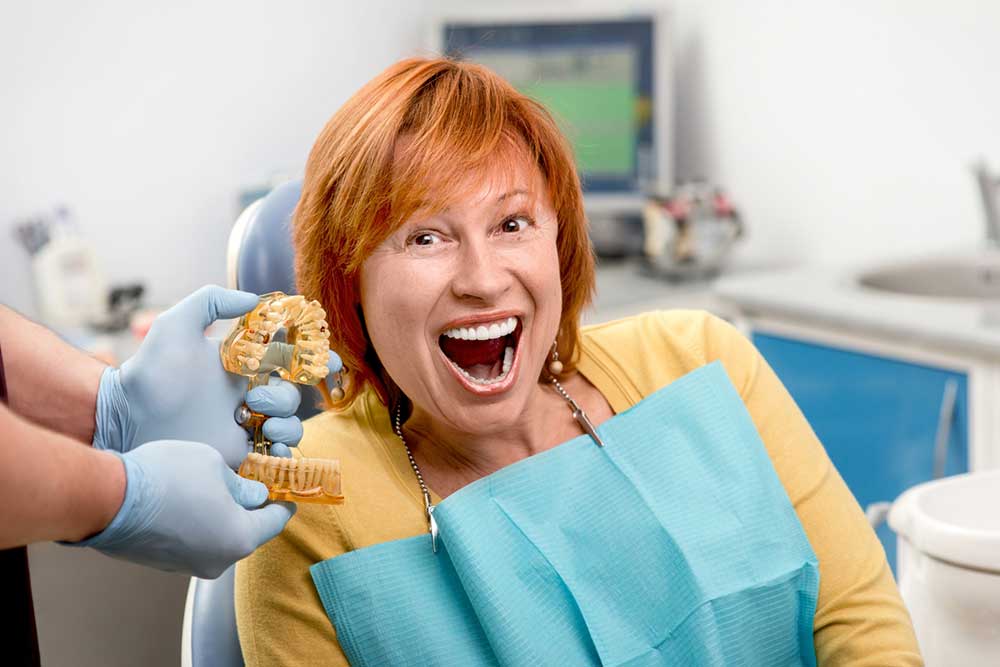Top 5 Factors That Determine the Cost of Dental Implants
Achieving the perfect smile is a dream for many. Luckily, issues such as broken or missing teeth can easily be fixed with the help of minor orthodontic procedures such as dental implants. An implant is a high-tech plug, generally made from titanium, that is screwed into the bone to replace the tooth root. After that, a prosthetic tooth is placed on it to restore chewing function, reduce discomfort, and improve oral health.
Factors that determine the cost of dental implants
The overall cost of dental implants depends on various factors, such as the number of replacements required, the complexity of the procedure, and the orthodontist’s experience.

1. Number of implants needed
One of the biggest factors that dictate the total cost of implants is the number of teeth needing replacement. Replacing a single tooth is cheaper than opting for a full set.
2. Preparatory procedures
Although dental implants are considered an outpatient procedure, they require a fair amount of preparation. This also adds to the total cost. For instance, some individuals may require bone grafting before the implant to ensure that the bone is sturdy enough. Others may require periodontal treatment or multiple CT scans, which may add to the cost.
3. Type of implants
- Single tooth implant
Only a singular implant is necessary to replace a single missing tooth.
If multiple teeth, i.e., placed consecutively, need to be replaced at once, an implant-supported bridge may be the best solution. Here, individual implants are not needed for each tooth. A four-tooth bridge will cost around £10,000 for a single arch.
In some cases, implants may be necessary to replace the entire set of teeth. This is also known as a full arch implant or All-on-four/six. Although these procedures are cheaper than the conventional option, individuals can still expect to pay around £50,000 for a dual-arch full mouth implant.
Orthodontists may recommend a zygomatic implant if they cannot meet the bone requirements for a conventional dental implant in the upper jaw. This procedure allows even those with extreme bone loss to have a new set of teeth. These extra-long dental implants connect with the cheekbone or under the eye socket. As an advanced procedure, this will cost significantly more than conventional implants.
At times, individuals may want a temporary but immediate fix. In such cases, the teeth-in-a-day procedure may be ideal. Here, teeth in both the upper and lower arches are replaced in a day.
Over time, dentures, especially in the lower jaw, can become uncomfortable, making it difficult for individuals to bite or chew. This can significantly impact their health. Implants can help fix this issue. These implants are meant to hold the dentures firmly in place but still offer wearers the flexibility of removing them for cleaning.
Improved 3D imaging technology has made it easier for orthodontists to place implants. In these cases, CAD/CAM is used to 3D print an implant guide to increase the accuracy of the treatment.
4. Dentist’s experience and location
The orthodontist’s experience will also be a major contributor to the overall cost of treatment. More experienced professionals are likely to have higher fees than those in the nascent stages of their careers. That being said, their experience may also contribute directly to the success of the treatment.
It is best to find an orthodontist with extensive education and training in dental implants—a diploma, master’s degree, or a year-long course, along with a few years of experience in implant placement. To start the search for a qualified implant specialist nearby, a quick browser search with the terms “orthodontist close to me” or “dental implants near me” can be quite helpful. Alternatively, one can also turn to their family and friends for any advice or recommendations they may have.
One’s geographical location, the cost of living, and the clinic they practice at also play a role in determining the doctor’s fees. For instance, individuals in Leeds can expect to pay around £120-150 for an orthodontic consultation for full-mouth dental implants. Dental colleges may be able to offer these procedures at a reduced cost.
5. Other costs
In some cases, individuals may feel the need to better their smile. While the implants themselves are stuck in place and cannot be moved, it is possible to move the surrounding teeth using dental braces. This can further add to the cost of treatment.
Although the initial cost of dental implants may sound high, it is also important to pay attention to the long-term value it offers. These procedures are generally considered a one-time investment that can last up to a lifetime if maintained properly. By comparison, other options like bridges and dentures may require multiple replacements and adjustments, which can prove to be more expensive over time.
